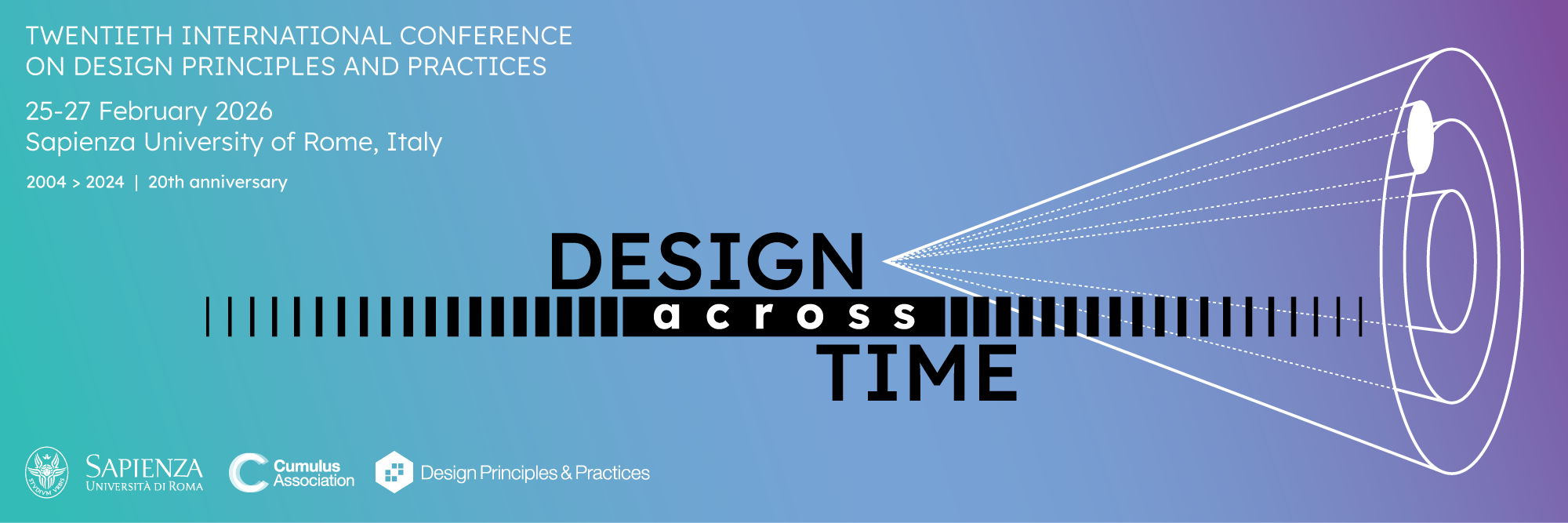Design Across Time

Time, as Aristotle suggested, is a measure of change, and it has long been a critical dimension in both philosophical discourse and scientific inquiry. Over the past 20 years, the annual conferences of DPP have served as a measure of change within the field of Design, witnessing its growing significance as a profession and its establishment as a scientific discipline within universities worldwide. This two-decade journey prompts a timely reflection on how DPP’s global community—and the broader discipline of Design—might evolve over the next 20 years.
This reflection is particularly pressing in a world confronted by urgent global challenges spanning multiple dimensions. Environmental crises such as climate change and biodiversity loss, social issues like aging populations, health disparities, and inequalities, and technological shifts including energy transitions, the digital divide, and the rise of artificial intelligence demand immediate and forward-thinking responses. Within the "futures cone" of possible scenarios, dystopian projections often appear the most probable, while achieving preferable futures requires increasingly deliberate and collective efforts.
Design, therefore, must adopt an extended temporal perspective—one that not only interprets the present desires of people but also anticipates and addresses the long-term evolution of challenges, systems, and artifacts within the Anthropocene. Over the past few decades, Design has diversified into a range of thematic and disciplinary communities, each fostering distinct cultures, methodologies, and tools for practice and research. This diversification has enabled Design to operate at new levels and in novel contexts, though challenges persist in creating and measuring long-term impact.
The 20th anniversary of DPP provides a valuable opportunity to assess how well our principles and practices have performed and to envision how Design must adapt to meet the challenges of the near future. This moment invites us to reinforce Design’s cultural role as a catalyst for meaningful, lasting change.
We call on researchers across all domains of Design to explore the concept of Time, reflecting on its influence in any aspect of Design practice or research. What changes would you advocate for in the next 20 years?